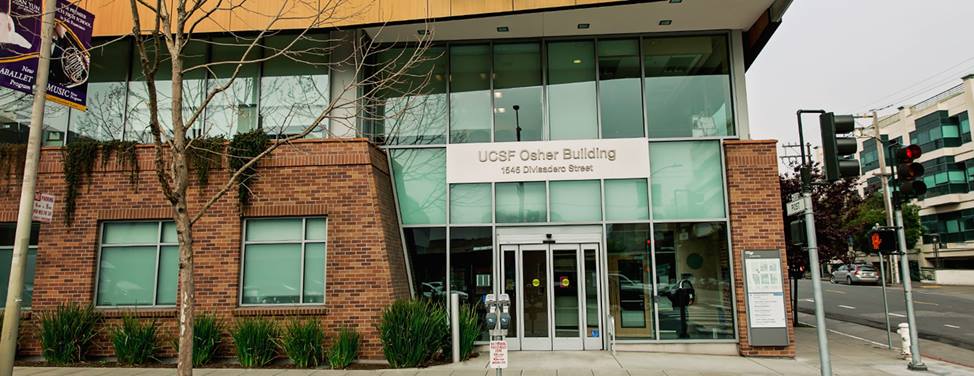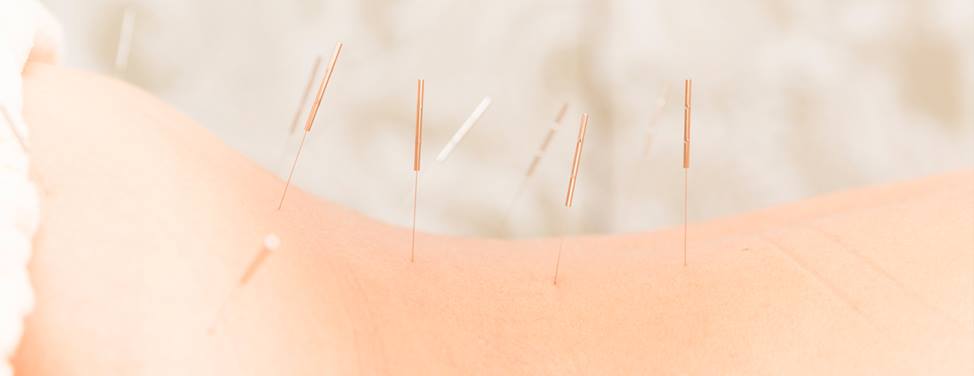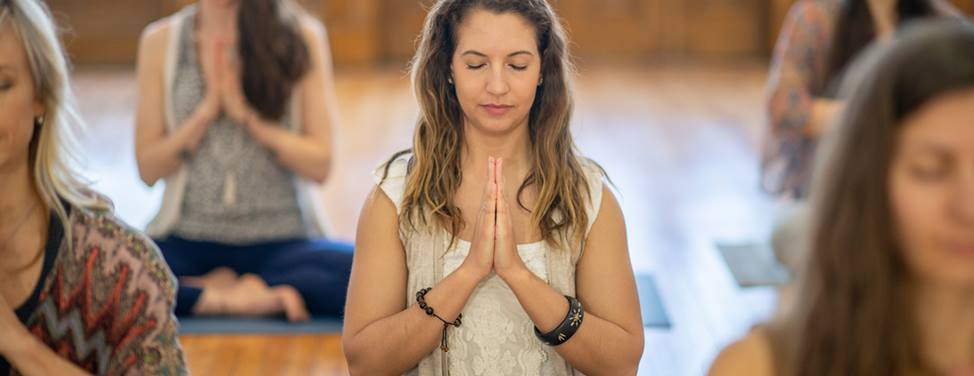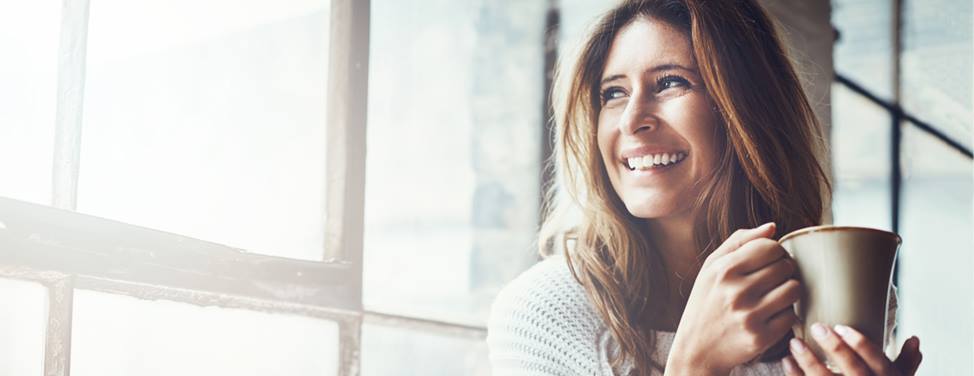People of all ages are turning to massage therapy for relief from the stress of daily life, injuries and chronic and acute conditions, as well as to help maintain health and wellness. It is one of the oldest healing arts, dating back 3,000 years, according to Chinese records.
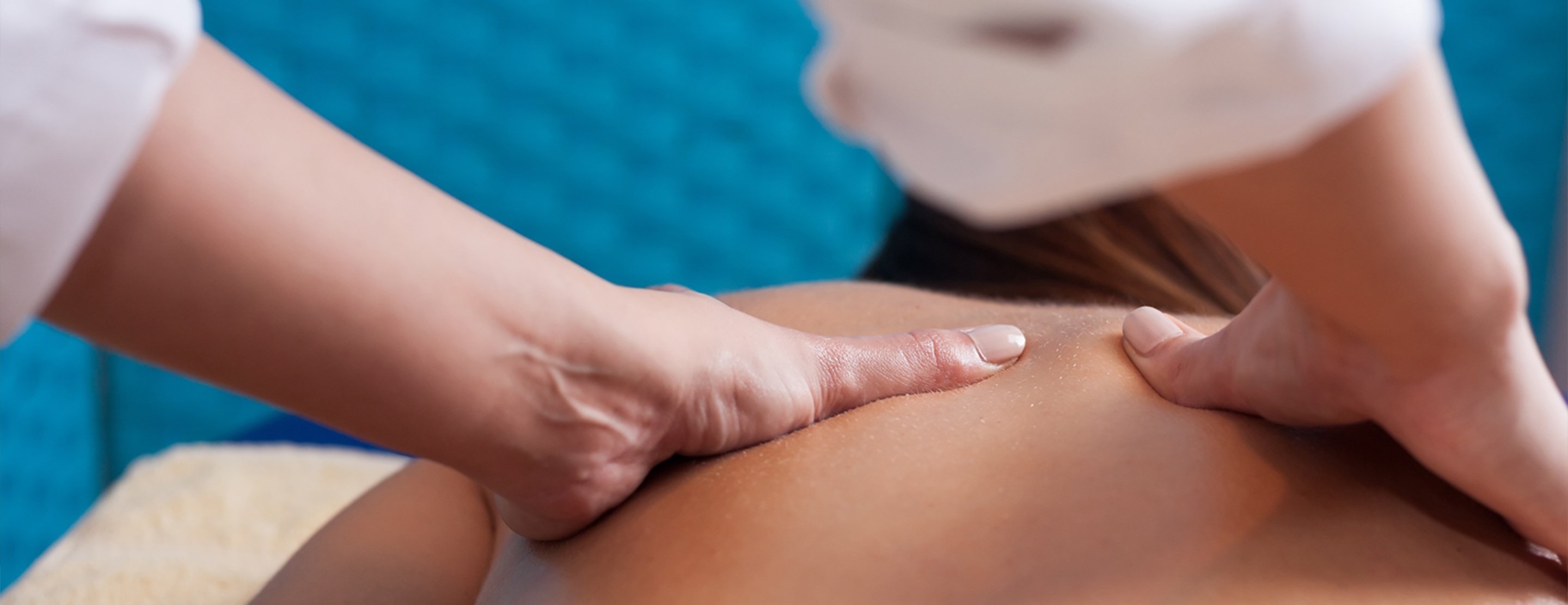
Massage
Using soft-tissue manipulation techniques, massage reduces stress and fatigue, while improving circulation. Depending on the style of massage, techniques may include stroking, kneading, rocking, tapping or holding steady pressure.
Massage can reduce pain and anxiety for people with chronic illnesses, such as cancer, and reduce the physiological burden of stress. It can help treat conditions including stress-related tension, cancer-related fatigue, sleep disorders, high blood pressure, diabetes, low back pain and depression, just to name a few.
At the UCSF Osher Center for Integrative Health, licensed massage therapists have years of experience and training in treating patients with complicated medical conditions, specifically cancer, and using massage to enhance general health. The styles of massage offered are deep tissue, Swedish, acupressure techniques, healing and therapeutic touch.
Conditions Treated
Research has shown that massage can reduce heart rate, lower blood pressure and increase blood circulation and lymph flow. It also relaxes muscles, improves range of motion and increases endorphins, which all can enhance medical treatment.
Therapeutic massage does not increase muscle strength, although it can stimulate weak and inactive muscles, which helps compensate for lack of exercise and inactivity caused by illness or injury.
Massage can help treat stress-related physical conditions, including:
- Anxiety and depression
- Fatigue
- Headaches and migraines
- Pain, including muscle tension, back, shoulder and neck pain
- Repetitive stress injuries
Evaluation
At your initial session, your massage therapist will ask questions about your health and what symptoms you're experiencing to determine how to best treat you. Please let your massage therapist know of any health problems you have and medications you're taking. He or she will discuss the parts of your body you would like massaged.
Treatment
Your massage will take place in a massage room. We want you to feel as comfortable as possible. You'll decide how much to undress for your massage. Your massage therapist will leave the room while you undress. You'll cover yourself with a clean sheet and blanket.
Acupressure massage can be given through clothing.
After your massage, you may feel relaxed and a little sleepy, or you may experience a surge of energy, awareness and concentration.
Massage helps release toxins from your soft tissues, so we recommend that you drink plenty of water after to flush toxins out of your system.
UCSF Health medical specialists have reviewed this information. It is for educational purposes only and is not intended to replace the advice of your doctor or other health care provider. We encourage you to discuss any questions or concerns you may have with your provider.






